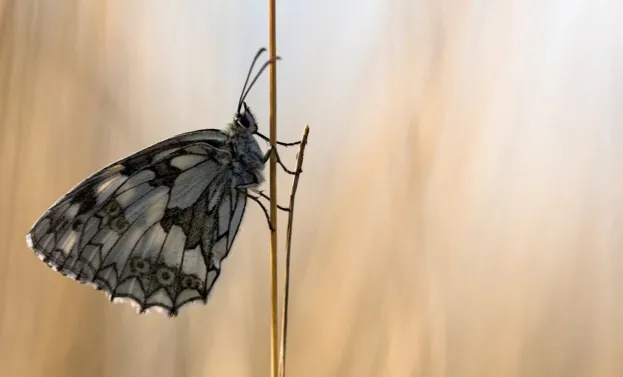The president of Butterfly Conservation, Sir David Attenborough, is encouraging the public to take part in the world’s biggest butterfly survey.
He says that, alongside generating important data, taking part in the Big Butterfly Count also provides people with “precious breathing space away from the stresses and strains of modern life”.
Attenborough adds, “I have been privileged to have witnessed some truly breathtaking wildlife spectacles in far-flung locations but some of my most memorable experiences have happened when I’ve been simply sitting and watching the wildlife that lives where I do.”
“A few precious moments spent watching a stunning red admiral or peacock butterfly feeding amongst the flowers in my garden never fails to bring me great pleasure.”
Research has shown that watching wildlife and spending time in nature can have positive benefits for mental health and well-being, and Butterfly Conservation are being supported by mental health charity Mind.

“We’re delighted to see that Butterfly Conservation is promoting the mental health benefits of getting outdoors,” says Stephen Buckley, head of information at Mind.
“The Big Butterfly Count is a wonderful way of interacting with the environment so we really welcome the project and would encourage people to look at the tips and ideas on our website for even more ways to bring nature into our lives.”
It is thought that the recent hot weather, following the cold winter and a warm late spring, has benefitted a number of butterfly species, such as the holly blue and red admiral. However, there are worries among conservationists that if the heat and dry weather continues and becomes a drought, there could be dire consequences.
Caterpillars could starve to death as plants wither away, causing the collapse of some butterfly populations. This happened in 1976, following the drought.
The Big Butterfly Count runs between 20 July and 12 August. For the survey, participants are asked to find a sunny spot anywhere in the UK and spend 15 minutes counting the butterflies they see, before submitting their sightings to Butterfly Conservation.
Sightings can be submitted via the website, and via the free Big Butterfly Count app.
